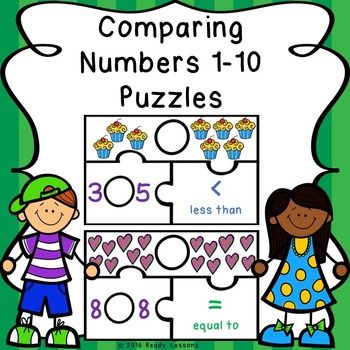
- #Greater than less than equal to online games full#
- #Greater than less than equal to online games ps2#
#Greater than less than equal to online games ps2#
"64-bit" or "32-bit" for the previous generation) for most consoles largely fell by the wayside during this era, with the notable exceptions being promotions for the Dreamcast and PS2 that advertised "128-bit graphics" at the start of the generation. Soon after its release other systems, like the Sony PlayStation 2, produced peripheral storage devices to allow similar capabilities, and by the next generation internal storage became industry standard.īit ratings (i.e. This caused many improvements to the gaming experience, including the ability to store program data (rather than just save game data) that allowed for faster load times, as well as the ability to download games directly from the internet rather than to purchase physical media such as a disk or cartridge. Another innovation of the Xbox was the first system to utilize an internal hard disk drive to store game data. Services such as Microsoft's Xbox Live became industry standard in this, and future, generations. While the prior generation had some systems with internet connectivity, such as the Apple Pippin, these had little market penetration and thus had limited success in the area.
#Greater than less than equal to online games full#
The major innovation of this generation was of full utilization of the internet to allow a fully online gaming experience. Meanwhile, the seventh generation of consoles started on Novemwith the launch of the Xbox 360. Xbox was next in 2006, GameCube in 2007 and PlayStation 2 was the last, in January 2013. In April 2001, the Dreamcast was the first to be discontinued. This era began on November 27, 1998, with the Japanese release of the Dreamcast, which was joined by the PlayStation 2 on March 4, 2000, and the Xbox and Gamecube on November 15 and 18, 2001, respectively. Platforms in the sixth generation include consoles from four companies: the Sega Dreamcast (DC), Sony PlayStation 2 (PS2), Nintendo GameCube (GC), and Microsoft Xbox.

In the history of video games, the sixth-generation era (sometimes called the 128-bit era see "bits and system power" below) is the era of computer and video games, video game consoles, and handheld gaming devices available at the turn of the 21st century, starting on November 27, 1998.


 0 kommentar(er)
0 kommentar(er)
